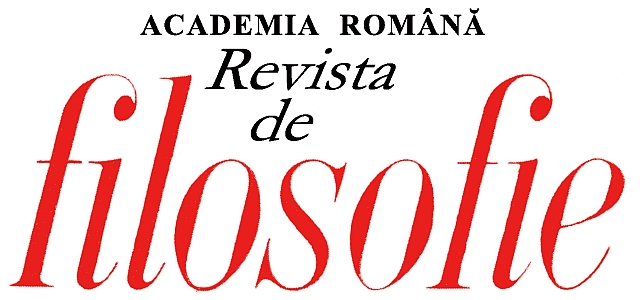Echilibrul reflectat în contextul filosofiei experimentale
Reflective equilibrium in the context of experimental philosophy
Author(s): Toni GibeaSubject(s): Epistemology, Ethics / Practical Philosophy
Published by: Editura Academiei Române
Keywords: method of reflective equilibrium; moral judgments; moral intuitions; intuitionist positive program;
Summary/Abstract: In this paper I will show that Rawls’ method of reflective equilibrium contributes to the development of a positive intuitionist program in experimental philosophy. In the context of reflective equilibrium, moral judgments and intuitions play a role in the construction of a normative theory and this claim attracted intense criticisms, among which a categorical reaction from Peter Singer. The Australian philosopher thinks that grounding and checking the plausibility of a normative theory by appealing to intuitions is not a reliable method, especially since recent empirical data proves that moral intuitions are influenced by normatively insignificant features. The general goals of my paper are first to show that Singer’s interpretation is problematic, second that recent developments in the field of experimental philosophy do not automatically invalidate the method of reflective equilibrium, even more so, the wide reflective equilibrium can be methodologically refined with the help of experimental philosophy.
Journal: Revista de filosofie
- Issue Year: LXVIII/2021
- Issue No: 4
- Page Range: 443-452
- Page Count: 10
- Language: Romanian

